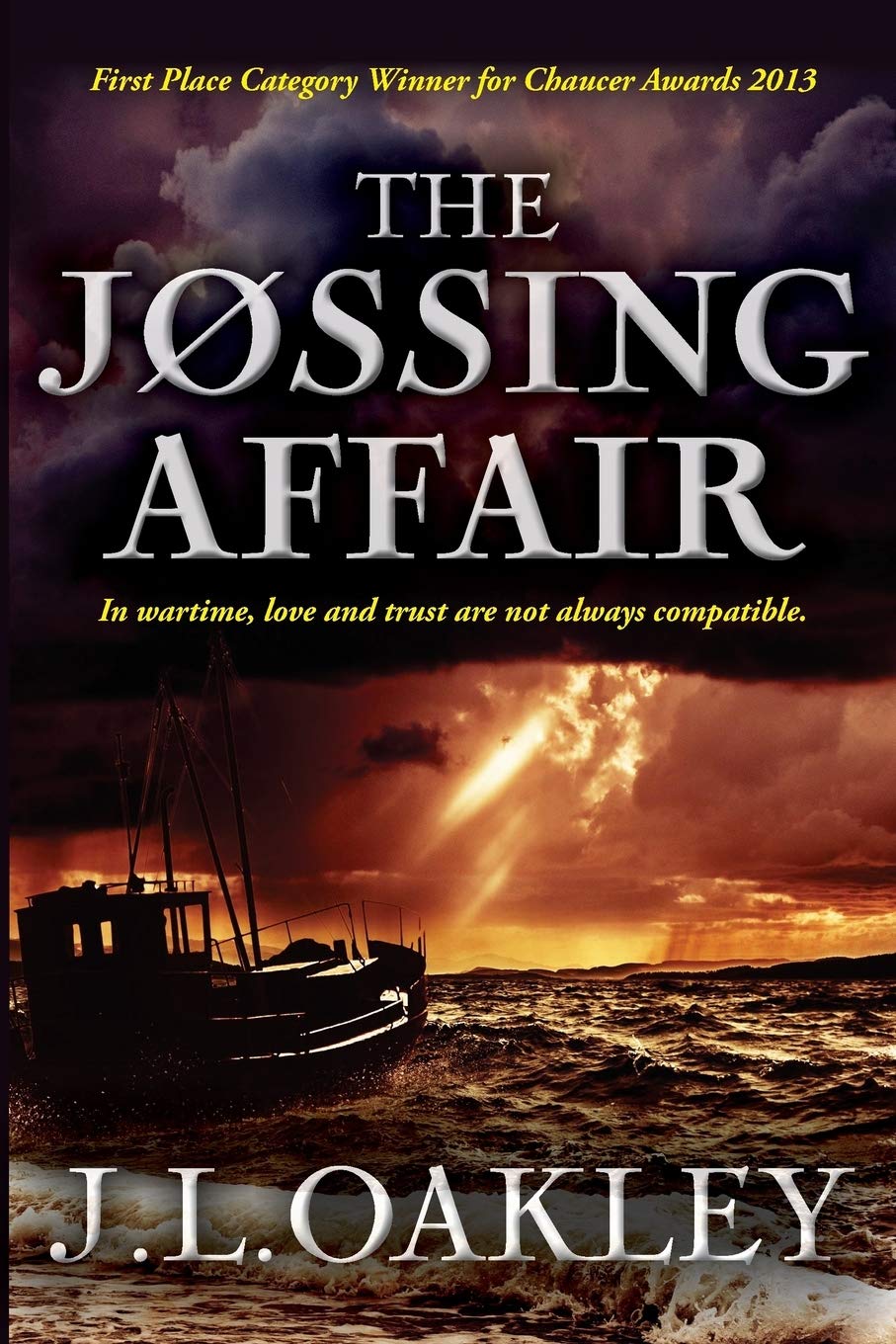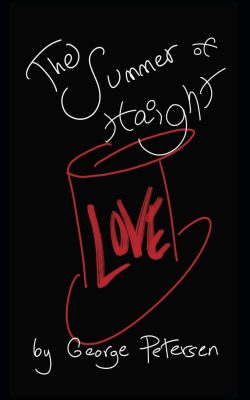|
Listen to or download this article:
|
 Karen Keilt led a life of privilege, a life that most of us only dream of, but she turns the dream upside down in her memoir The Parrot’s Perch: A Memoir of Torture and Corruption in Brazil, where she exposes the seamy underside of that life and the corrupt government under which she lived. Keilt takes us from her childhood filled with the horses she loved, to her marriage to a man she adored, to the fatal incident that destroyed the world she knew.
Karen Keilt led a life of privilege, a life that most of us only dream of, but she turns the dream upside down in her memoir The Parrot’s Perch: A Memoir of Torture and Corruption in Brazil, where she exposes the seamy underside of that life and the corrupt government under which she lived. Keilt takes us from her childhood filled with the horses she loved, to her marriage to a man she adored, to the fatal incident that destroyed the world she knew.
The memoir moves between New York and Sao Paulo as Keilt sets the stage for an incident that occurs shortly after her marriage. Keilt places no blame, but tells her story with an objective eye, while expressing the confusion she held of her experiences: the kidnapping, torture, rape, and interrogation by the police for “…forty-five days of hell. Three million, eight hundred and eighty-eight seconds.”
Karen Keilt presents a memoir that is tough and unapologetic. She sandwiches her story within an interview at the UN, which is smart because some of the events are so intense and violent, they call for a breathing space where readers can decompress.
The sign of a good memoir, like any other piece of literature, is readers cannot put the work down. Here, Keilt has crafted her story in a plot that flows, and characters who are sympathetic and despicable. We follow her through her vivid, active setting in beautiful Brazil, to the prison, to New York, and California. Her struggles are heartfelt right up to the satisfying ending.
When she receives the call from the Truth Commission, she is willing to help her beloved Brazil in any way she can, even if it means resurrecting her past and the recurring nightmares. She’s interviewed by a political scientist and investigator who is building a case against the Brazilian government for crimes against human rights that had been perpetrated for decades by its savage police force and military dictatorship. These interviews, held at the UN in New York City, envelope the story she relates.
Keilt’s page-turning memoir takes readers on a journey we might be reluctant to travel, but compelling and essential, nonetheless. We must see how she gained her freedom from the oppression and how she lived the nightmare of those forty-five days. Her story is too real, too raw, too vital to simply set aside.
This action-packed memoir exposes international affairs, historical events, and human rights abuses. For some, Keilt’s story will hit a rather delicate nerve and serve to remind us why it is crucial to protect our democracy, to be vigilant and aware of those forces that seek to unravel our freedom of speech and freedom of the press. Indeed, we must all work towards a democracy that puts the lives of its citizens before those of a few powerful politicians who may have their own agendas.
In corresponding with the author, she reflects, “The truth is, I was sooo very lucky. I was, by the grace of God, a dual citizen. I was welcomed to the US when I made my escape. I had with me the only precious thing I could never have left behind. My son. Also a dual citizen. Today, when I hear the echo of those words, ‘Welcome home, Mrs. Sage,’ uttered by the passport control agent, I truly understand how blessed I was. My experience gives me more empathy for the agonizing fear of today’s immigrants who flee terror, starvation and tyranny often journeying through untold dangers for weeks or months only to finally arrive in the US and be turned away or worse, imprisoned and separated from their children. If that had happened to me, I would not have survived.”
Keilt shines a bright light on the horrors of what happens when corruption infiltrates the highest levels of a governing body, something we should all pay attention to and be outraged by. The Parrot’s Perch won Grand Prize in the 2020 CIBAs for Overcoming Adversity Non-Fiction works.












Leave A Comment